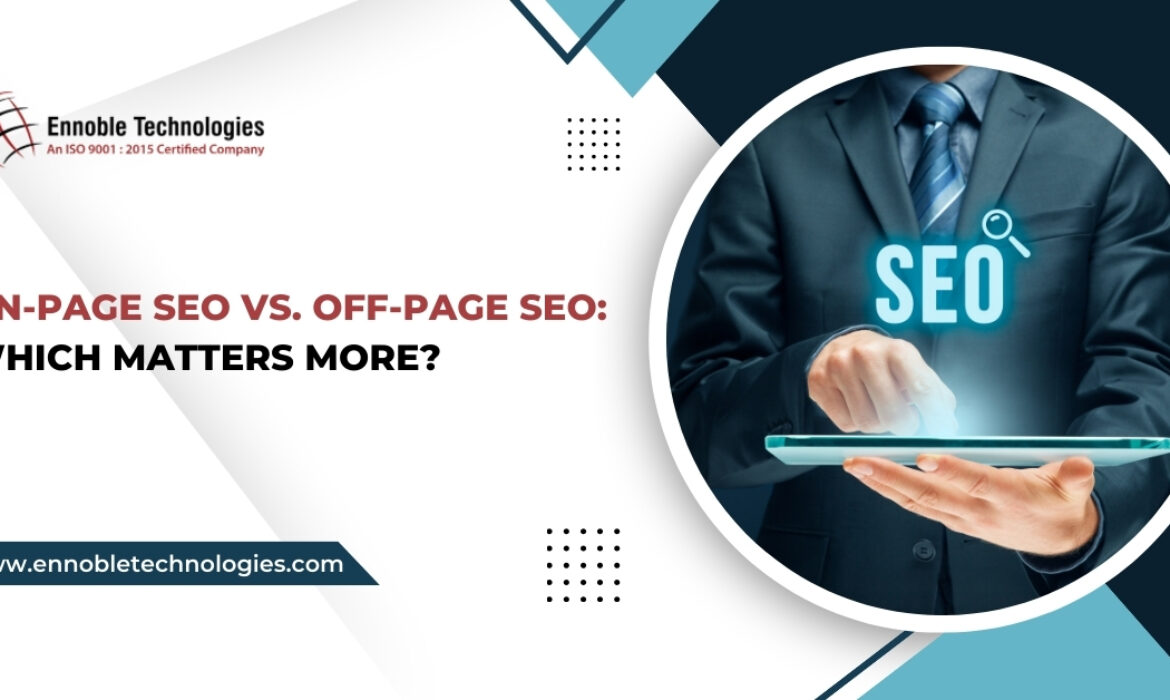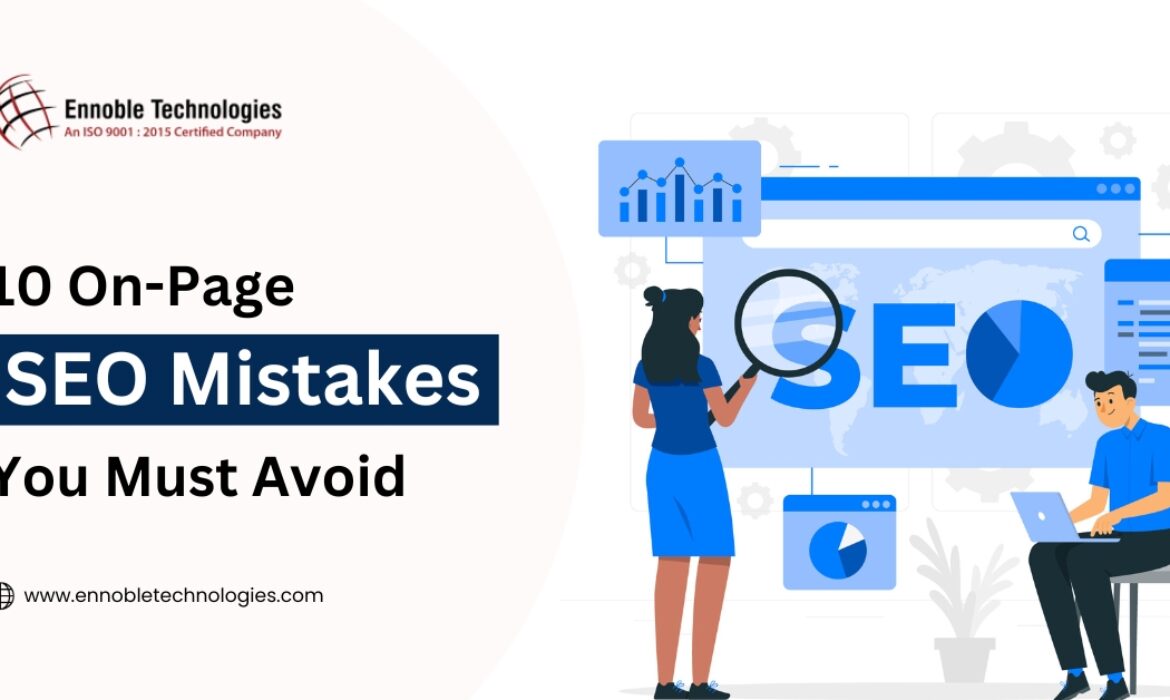On-Page SEO vs. Off-Page SEO: Which Matters More?
SEO, a crucial aspect of online visibility, comes in various forms. In the realm of Search Engine Optimization, the debate often centers around On-Page SEO and Off-Page SEO. In this comprehensive guide, we delve into the nuances of both strategies, exploring their strengths, and weaknesses, and ultimately answering the question: Which Matters More?
Introduction
SEO is the backbone of digital success, and understanding its intricacies is paramount for any online venture. The landscape is dominated by two main approaches: On-Page SEO and Off-Page SEO. Each plays a distinct role in enhancing a website’s visibility on search engines, but the question persists – which one holds more weight?
Unveiling the Power of On-Page SEO
Crafting Content that Commands Attention
On-Page SEO is the bedrock of a well-optimized website. At its core, it revolves around optimizing individual web pages to rank higher and earn organic traffic. The linchpin of On-Page SEO is undoubtedly content.
When we talk about content optimization, it’s not just about integrating keywords seamlessly but creating a symphony of words that captivates and informs. High-quality, relevant, and engaging content not only satisfies search engine algorithms but also keeps your audience hooked.
The Alchemy of Keywords
In the world of On-Page SEO, keywords reign supreme. Thorough keyword research is the secret sauce that propels your content to the top of search engine results. From long-tail keywords to semantic search, understanding the nuances of what your audience is searching for is key to unlocking the full potential of On-Page SEO.
Strategically placing keywords in titles, meta descriptions, and throughout the content enhances the discoverability of your page, signaling to search engines that your content is not just relevant but authoritative.
Technical Excellence: The Backbone of On-Page Optimization
Beyond captivating content and strategic keyword placement, the technical aspects of your website cannot be overlooked. From meta tags and image alt attributes to mobile responsiveness and site speed, every technical facet contributes to the holistic optimization of your web pages.
Ensuring a seamless user experience and a technically sound website not only pleases search engines but also enhances user satisfaction, a factor increasingly crucial in the ever-evolving landscape of SEO.
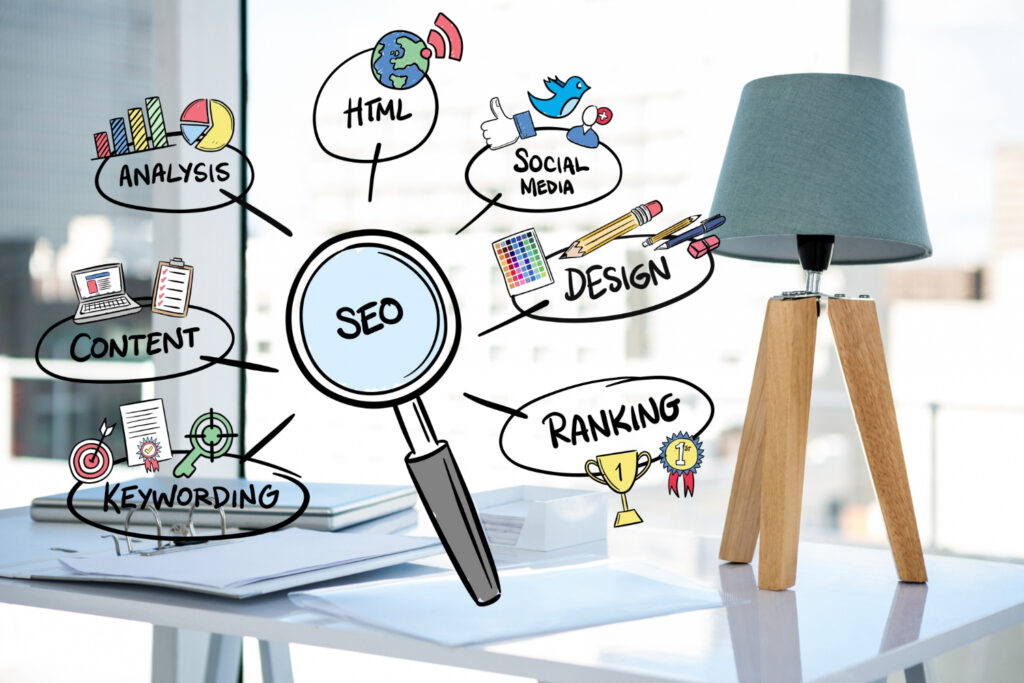
Importance of On-Page SEO
The significance of On-Page SEO cannot be overstated. It is the first impression your website makes on search engines, influencing ranking and user engagement. Dive deep into this section to uncover why On-Page SEO is the cornerstone of a robust online presence.
Key On-Page SEO Elements
Explore the key elements that constitute effective On-Page SEO. From meta descriptions to header tags, understanding and implementing these elements is crucial for optimizing your web pages for search engines.
Advanced On-Page Strategies
Beyond the basics, there are advanced strategies that can propel your On-Page SEO efforts to new heights. Uncover these techniques and stay ahead in the competitive digital landscape.
Decoding the Impact of Off-Page SEO
Backlinks: Building Bridges to Authority
Off-Page SEO, on the other hand, extends its influence beyond the boundaries of your website. It is the art of building a digital reputation through external factors, with backlinks taking center stage.
Acquiring high-quality backlinks from authoritative sources is akin to building bridges to your website. Each link acts as a vote of confidence, signaling to search engines that your content is deemed valuable by others in the digital ecosystem. The more credible the source, the more significant the impact on your website’s authority.
Social Signals: A Symphony of Validation
In the age of social media dominance, social signals have emerged as influential players in Off-Page SEO. The buzz, shares, and mentions across various social platforms contribute to the validation of your content’s relevance and appeal.
Crafting shareable content and actively participating in social conversations not only amplifies your brand presence but also sends positive signals to search engines about the societal value of your content.
Off-Page SEO Defined
Contrary to On-Page SEO, Off-Page SEO involves external factors that influence your website’s ranking. This section breaks down the components of Off-Page SEO and its role in the grand scheme of things.
Building Backlinks
Backlinks are the currency of Off-Page SEO. Learn how to build high-quality backlinks that not only improve your website’s authority but also contribute to higher search engine rankings.

Social Signals and Off-Page SEO
In an era dominated by social media, understanding how social signals impact Off-Page SEO is crucial. Discover the synergy between your social media presence and search engine rankings.
Content Marketing in Off-Page SEO
Content remains king, even in the realm of Off-Page SEO. Explore how creating valuable content can attract external links, elevating your website’s authority in the digital space.
Comparing On-Page and Off-Page Strategies
A side-by-side analysis is essential to determine the strengths and weaknesses of On-Page and Off-Page SEO. This section provides a comprehensive comparison to help you make informed decisions.
The Synergy of On-Page and Off-Page SEO
While the debate often revolves around choosing one over the other, the true power lies in their synergy. Discover how combining On-Page and Off-Page SEO strategies can create a holistic and effective approach to online visibility.
Common Misconceptions
In the ever-evolving world of SEO, myths and misconceptions abound. Separate fact from fiction as we debunk common myths surrounding both On-Page and Off-Page SEO strategies.
SEO Case Studies
Real-world examples speak volumes. Explore case studies highlighting successful On-Page and Off-Page SEO strategies, providing insights into what works in different scenarios.
Future Trends in SEO
The digital landscape is dynamic, and SEO is no exception. Gain a glimpse into the future as we predict upcoming trends and innovations that will shape the SEO landscape.
Conclusion
In the tug-of-war between On-Page and Off-Page SEO, the answer to which matters more lies in their harmonious integration. Both are indispensable, and a balanced approach ensures sustainable online success. As you navigate the intricate world of SEO, Navigating the dynamic landscape of SEO requires a holistic understanding of On-Page and Off-Page strategies. As you embark on your SEO journey, remember, it’s not about choosing one over the other; it’s about embracing the power of both.
FAQs
Q: Is On-Page SEO more important than Off-Page SEO?
A: On-Page and Off-Page SEO are symbiotic. While On-Page SEO lays the foundation, Off-Page SEO builds the structure. Both are essential for holistic search engine optimization.
Q: How do backlinks affect Off-Page SEO?
A: Backlinks act as a vote of confidence for your website. Quality backlinks enhance your site’s authority and positively impact Off-Page SEO, contributing to higher search engine rankings.
Q: Can social media really influence Off-Page SEO?
A: Absolutely. Social signals, such as likes and shares, indicate content relevance. A robust social media presence correlates with improved Off-Page SEO, driving organic traffic.
Q: What role does content play in Off-Page SEO?
A: Content is the linchpin. Creating valuable, shareable content attracts external links, a fundamental aspect of Off-Page SEO. Quality content contributes significantly to online visibility.
Q: Are there SEO strategies that combine On-Page and Off-Page techniques?
A: Certainly. The most effective SEO strategies embrace both On-Page and Off-Page techniques. The synergy between these approaches amplifies the overall impact on search engine rankings.
Q: Are SEO myths affecting my digital strategy?
A: It’s common to encounter myths. However, staying informed through credible sources and ongoing learning is crucial to separating fact from fiction in the ever-evolving field of SEO.
Also Read: Mastering On-Page SEO: Practical Tips & Tricks – Ennoble Technologies
10 On-Page SEO Mistakes You Must Avoid
Understanding Crucial On-Page SEO Mistakes
As digital landscapes evolve, mastering on-page SEO practices becomes pivotal. Amidst the quest for visibility and higher rankings, steering clear of certain blunders is paramount. Let’s delve into ten critical on-page SEO mistakes that can significantly impact your website’s performance and discover effective strategies to sidestep these pitfalls.
1. Neglecting Title Tags: The Gateway to Visibility
Title Tags: Your virtual welcome mat to users and search engines alike. Overlooking their significance undermines visibility. Ensure title tags encapsulate relevant keywords, succinctly describe content, and entice clicks.
2. Subpar Content Quality: The Foundation of Engagement
Content Quality: The cornerstone of user engagement and SEO success. Lackluster, uninformative, or duplicated content repels users and downgrades your site’s ranking potential. Focus on original, valuable, and keyword-rich content to captivate audiences and appease search algorithms.
3. Ignoring Meta Descriptions: A Missed Opportunity
Meta Descriptions: Often underestimated, these snippets play a vital role in attracting clicks. Crafting compelling, concise meta descriptions infused with keywords and a clear call-to-action can significantly enhance click-through rates.
4. Unoptimized URL Structures: Navigational Clarity Matters
URL Structures: An often overlooked but pivotal aspect of on-page SEO. Clean, descriptive, and keyword-rich URLs aid both search engines and users in understanding your content. Avoid lengthy, convoluted URLs that hinder navigation and comprehension.
5. Inadequate Internal Linking: Overlooking Pathways
Internal Links: The navigational arteries within your site. Neglecting a well-structured internal linking system inhibits user exploration and hampers search engine crawlers’ ability to index and comprehend your content thoroughly. Thoughtful internal linking bolsters both user experience and SEO.
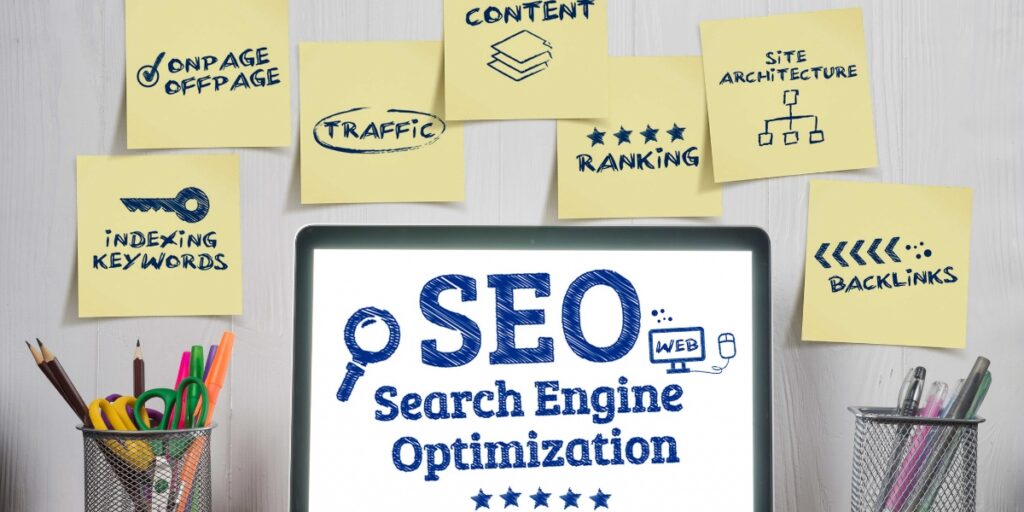
6. Mobile Unfriendliness: Alienating a Vast Audience
Mobile Optimization: An indispensable aspect in today’s mobile-centric world. Failing to optimize for mobile alienates a significant user base and adversely affects rankings. Responsive design and mobile-friendly interfaces are imperative for SEO success.
7. Slow Page Loading: The Impatience Factor
Page Loading Speed: Users patience dwindles with sluggish loading times. A slow-loading site frustrates visitors, impacting bounce rates and search engine rankings. Optimize images, leverage caching, and streamline code to ensure swift page loading.
8. Neglecting Image Optimization: A Blind Spot
Image Optimization: Often overlooked, yet a treasure trove of SEO potential. Images add value but can also slow down sites if improperly optimized. Utilize descriptive filenames, employ alt tags with relevant keywords, and compress images for improved performance.
9. Excessive Focus on Keyword Stuffing: Balancing Act
Keyword Stuffing: Once deemed advantageous, now a perilous practice. Overloading content with keywords disrupts readability, irritates users, and triggers search engine penalties. Strive for a natural keyword integration that enhances context and readability.
10. Disregarding Analytics: The Power of Insight
Analytical Neglect: Failure to track and analyze website performance inhibits progress. Leverage analytics to discern user behavior, identify bottlenecks, and fine-tune your SEO strategies for continual improvement.
Navigating the On-Page SEO Terrain
Avoiding these ten on-page SEO blunders is pivotal for an effective digital presence. By meticulously optimizing title tags, content quality, URLs, internal linking, and mobile responsiveness while prioritizing page speed, image optimization, and prudent keyword usage, one can navigate the SEO landscape adeptly. Coupling these efforts with analytical insights ensures a robust, evolving SEO strategy primed for success.
Implementing Effective SEO Measures: A Continuous Journey
The realm of on-page SEO is a dynamic landscape, demanding ongoing vigilance and adaptation. Consistently updating strategies, staying abreast of industry trends, and refining approaches based on analytics foster a resilient digital presence.
Expanding Your SEO Arsenal: Tools and Resources
1. SEO Auditing Tools
Leverage comprehensive SEO auditing tools such as Screaming Frog, Ahrefs, or SEOptimer to conduct in-depth site analyses, identifying areas for enhancement and gauging your SEO health.
2. Structured Data Markup
Employ structured data markup, like Schema.org, to provide search engines with context, enrich search results, and potentially secure coveted rich snippets for improved visibility.
3. Semantic Keyword Research
Shift focus from mere keyword density to semantic keyword research. Understanding user intent and incorporating semantically related terms diversifies content, enhancing relevance without resorting to keyword stuffing.
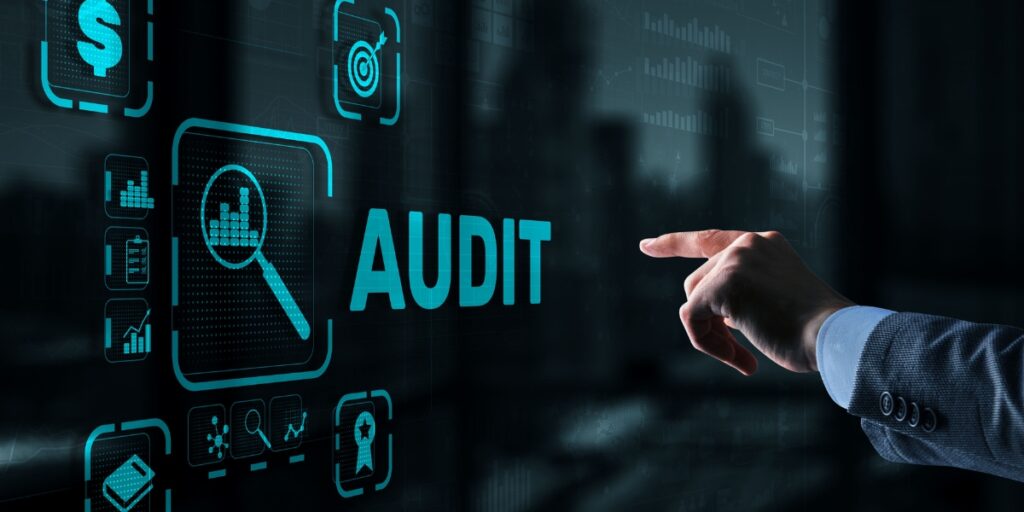
Strategies for Unparalleled On-Page SEO Success
1. E-A-T Principle Implementation
Adopt Google’s E-A-T principle (Expertise, Authoritativeness, Trustworthiness) to fortify content. Credible, well-researched, and authoritatively crafted content aligns with Google’s quality standards.
2. Rich Snippet Optimization
Strive for rich snippet optimization by structuring content in a way that caters to featured snippets. Concise answers to queries, lists, tables, and clear formatting improve visibility in search results.
3. Voice Search Optimization
With the proliferation of voice search, optimize content for natural language queries. Tailor content to address conversational search queries, leveraging long-tail keywords and providing succinct, informative responses.
Conclusion: Sustaining SEO Excellence
Embracing on-page SEO practices demands vigilance, adaptability, and an unwavering commitment to user-centric, value-driven content. Evolve alongside search engine algorithms, integrate diverse strategies, and prioritize user experience to maintain a resilient digital footprint.
FAQs: Addressing Common Queries
Q. How often should I update my website’s content for optimal SEO performance?
A. The frequency of content updates depends on various factors. Aim for consistent updates to keep content relevant and fresh, aligning with your industry’s dynamics and audience needs.
Q. Are there any specific tools to aid in on-page SEO optimization?
A. Yes, several tools like SEMrush, Moz, and Google’s own Search Console offer valuable insights and functionalities for on-page SEO optimization.
Q. Can excessive internal linking negatively impact SEO?
A. Yes, excessive internal linking without context or relevance can confuse users and signal spammy practices to search engines. Focus on natural, relevant internal linking for optimal results.
Q. Can guest blogging positively impact on-page SEO?
A. Yes, when executed judiciously. Guest blogging on reputable sites within your niche can amplify brand visibility, drive traffic, and secure valuable backlinks if the content is high-quality and relevant.
Q. How can I rectify on-page SEO mistakes if they’ve already impacted my site?
A. Start by conducting a comprehensive audit to identify specific issues. Address each mistake methodically, focusing on improving content quality, optimizing technical aspects, and adhering to best SEO practices.
Q. Are meta keywords still relevant for on-page SEO?
A. No, meta keywords hold negligible value for modern search engines. Focus on crafting compelling meta titles, descriptions, and user-focused content, rather than meta keywords.
Also Read: Unlocking the Potential: Paid Advertising Strategies for Maximum Impact – Ennoble Technologies

